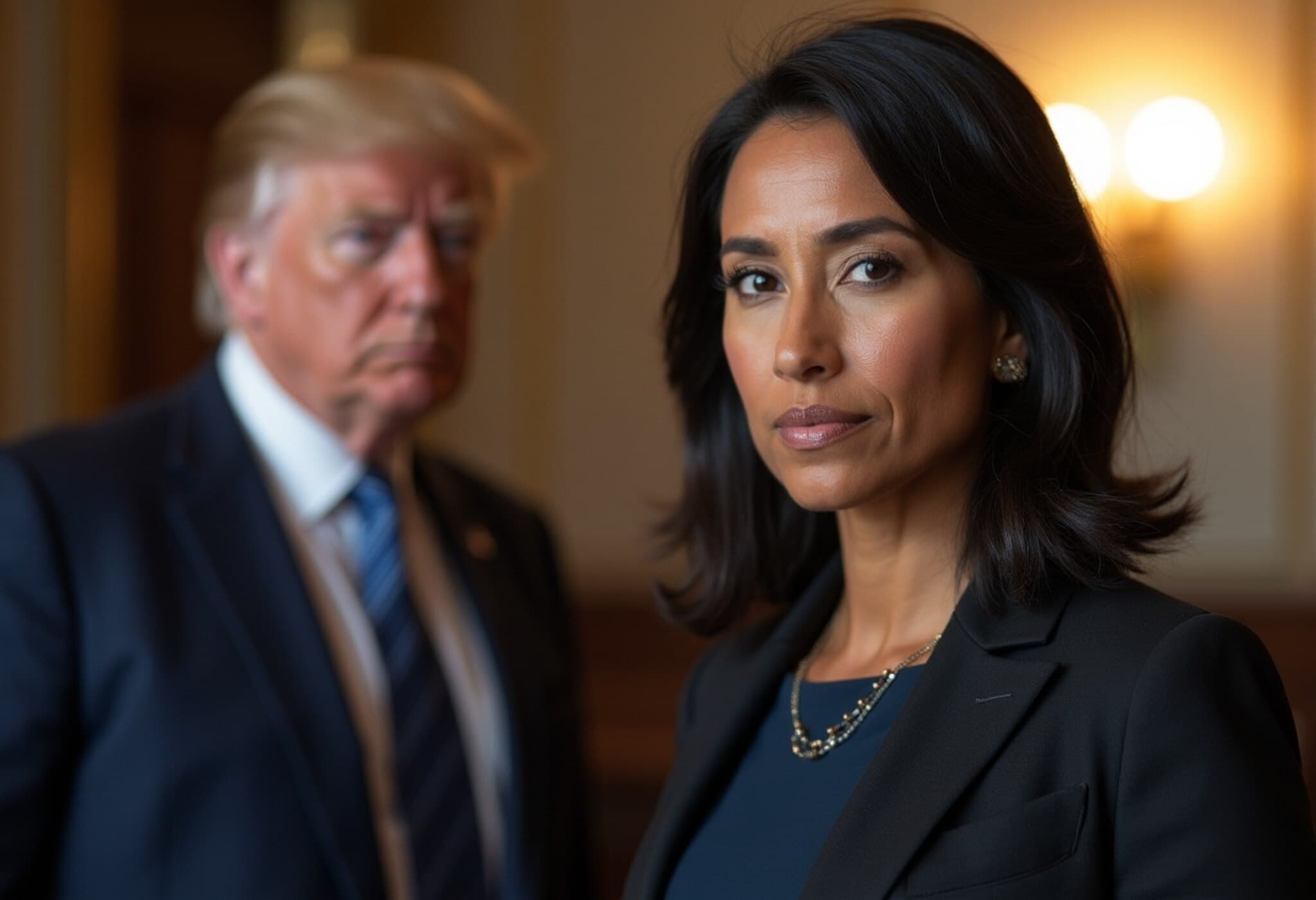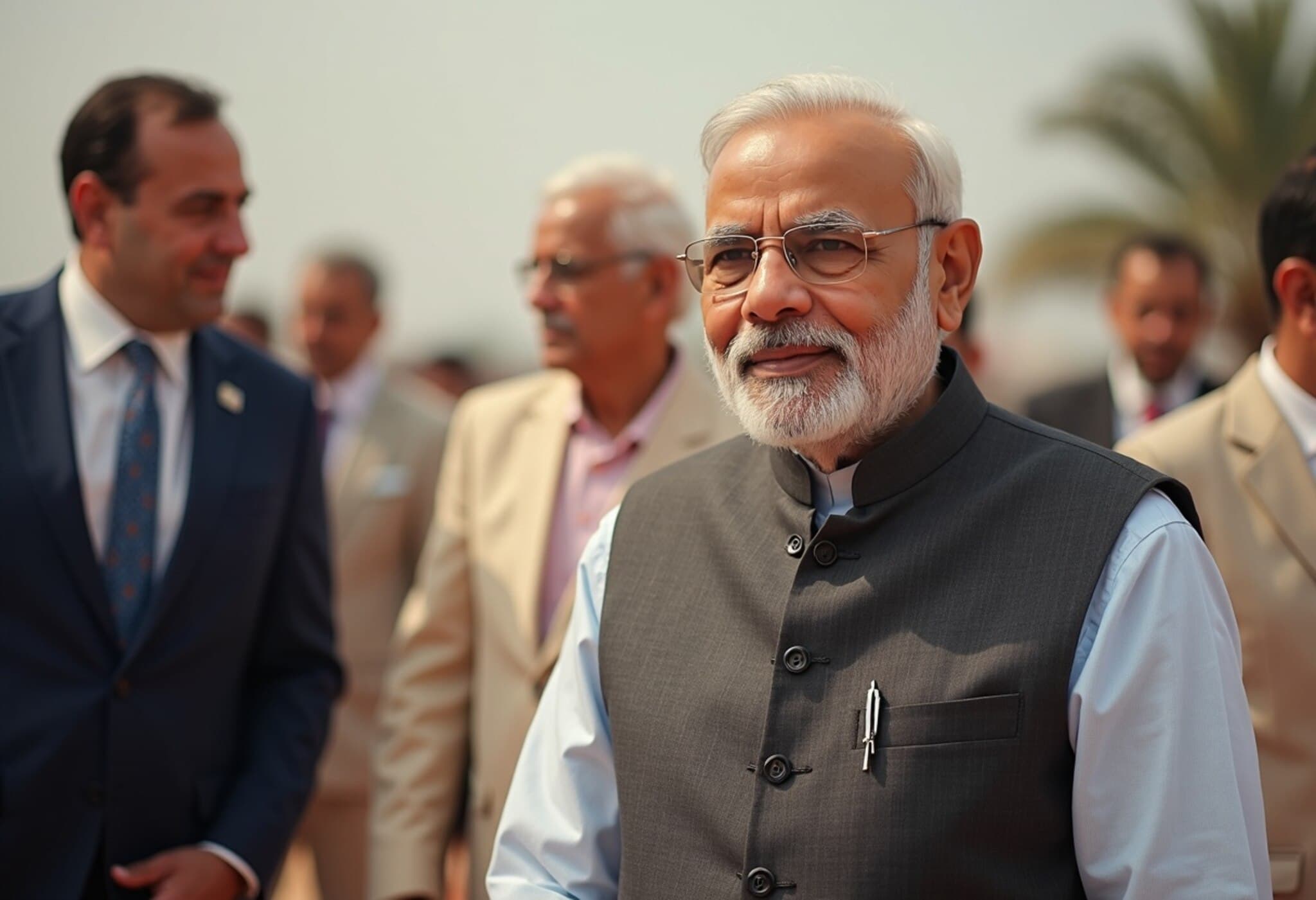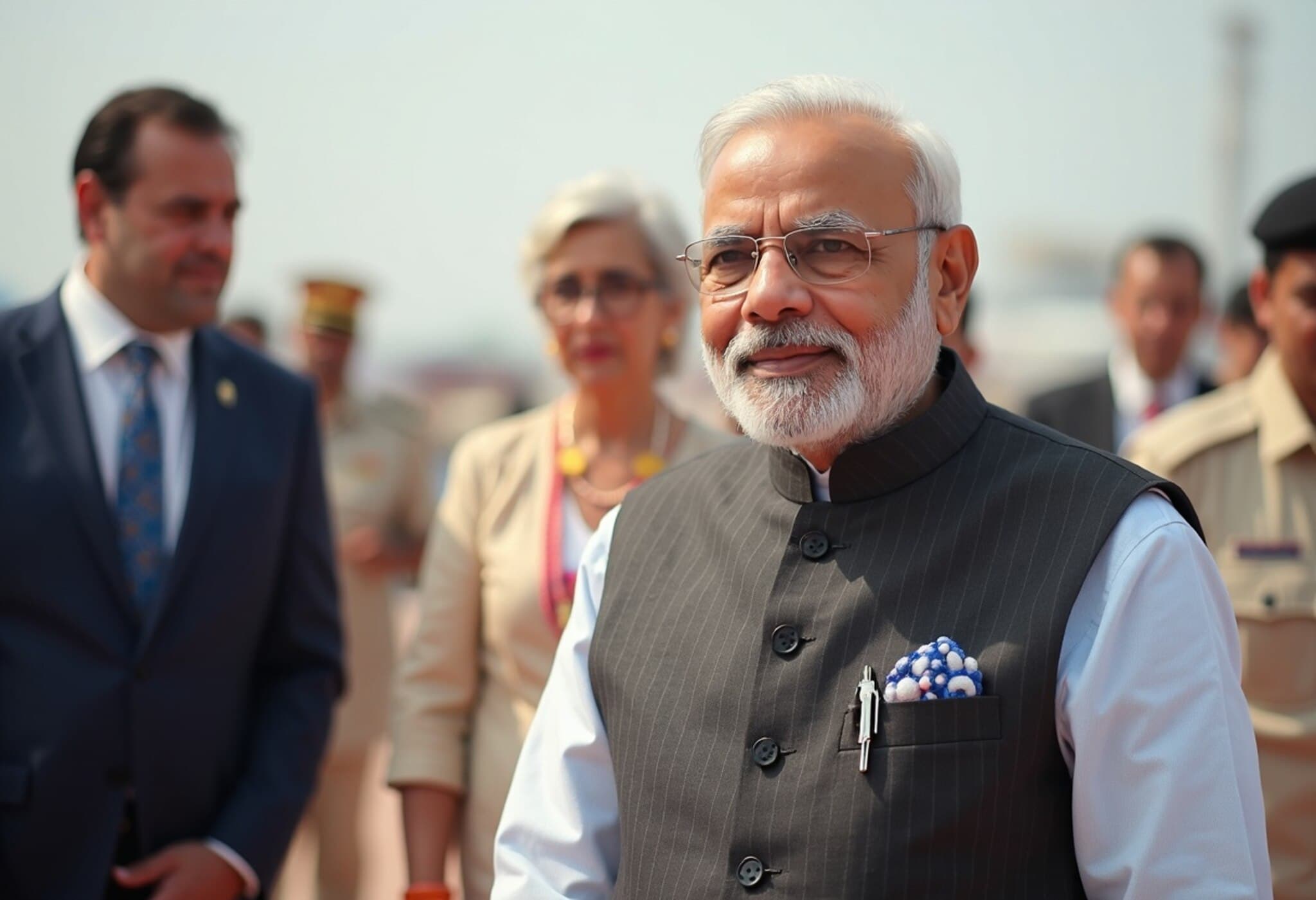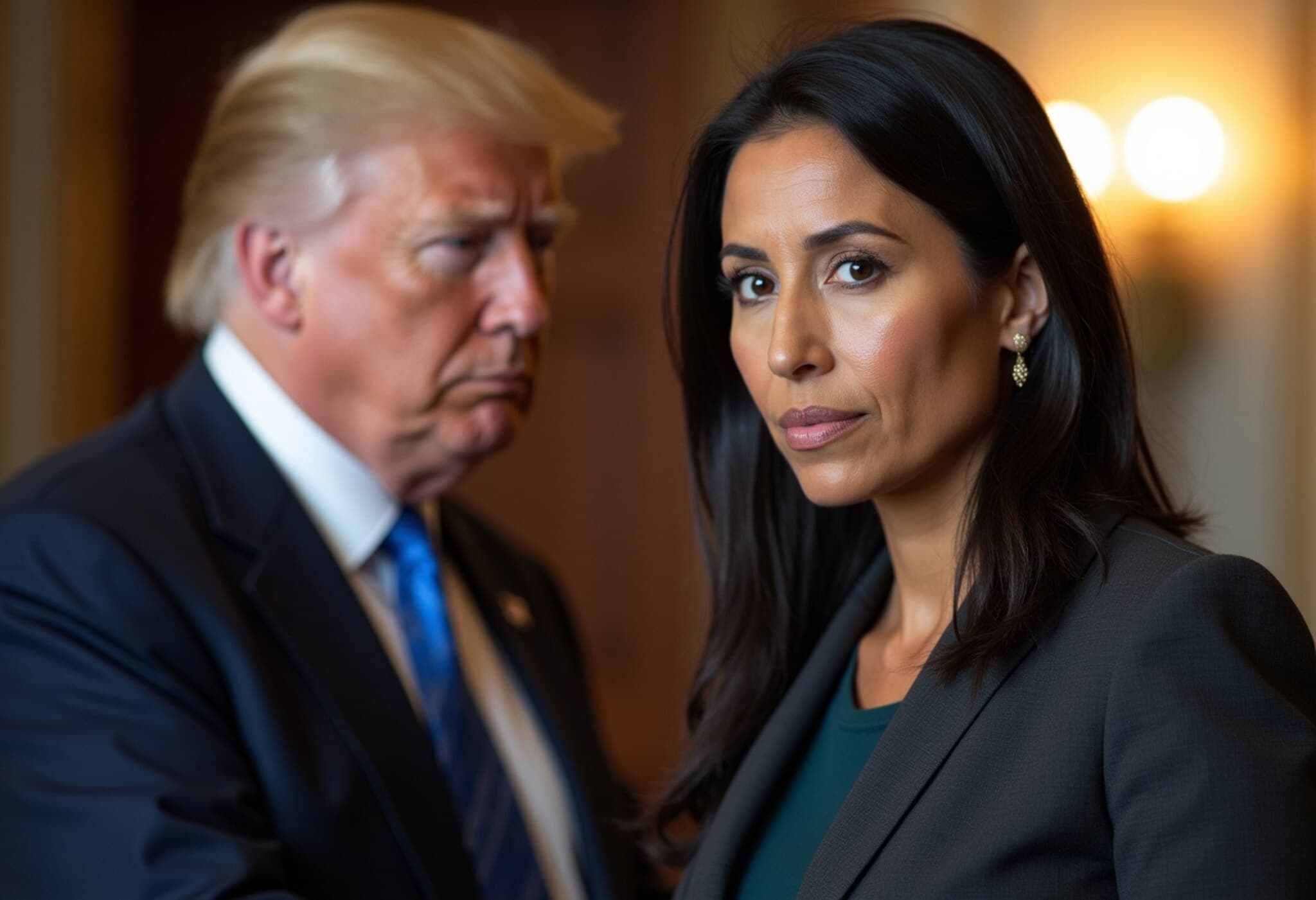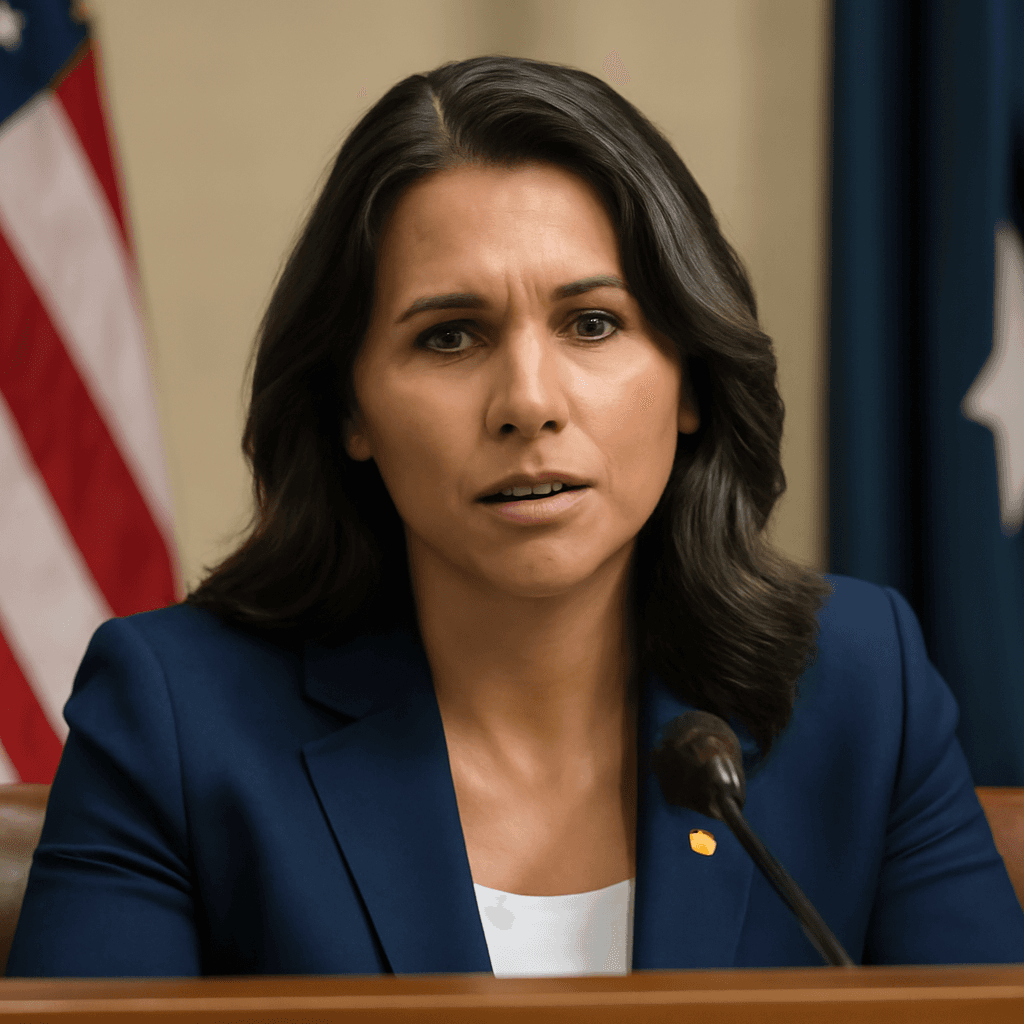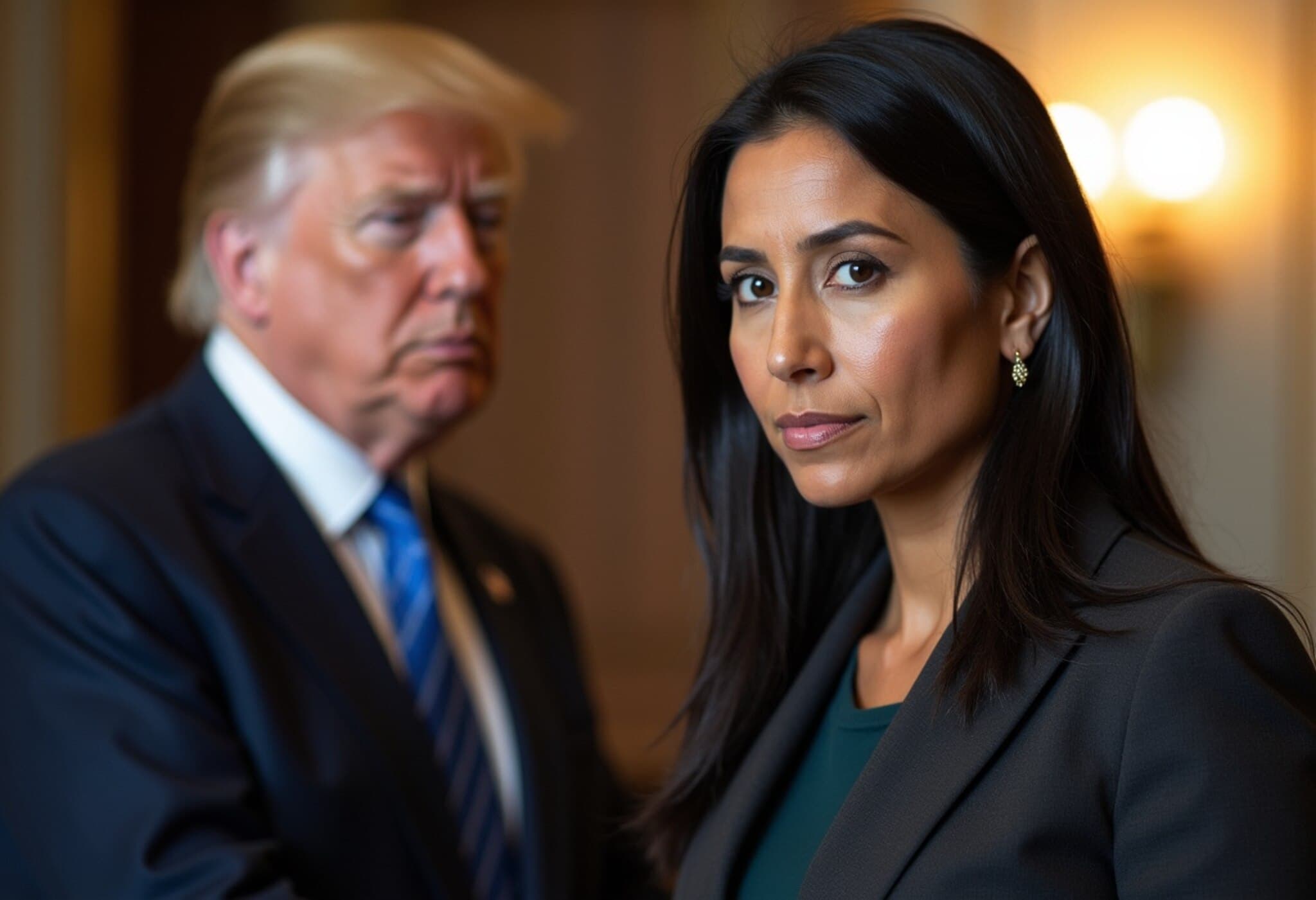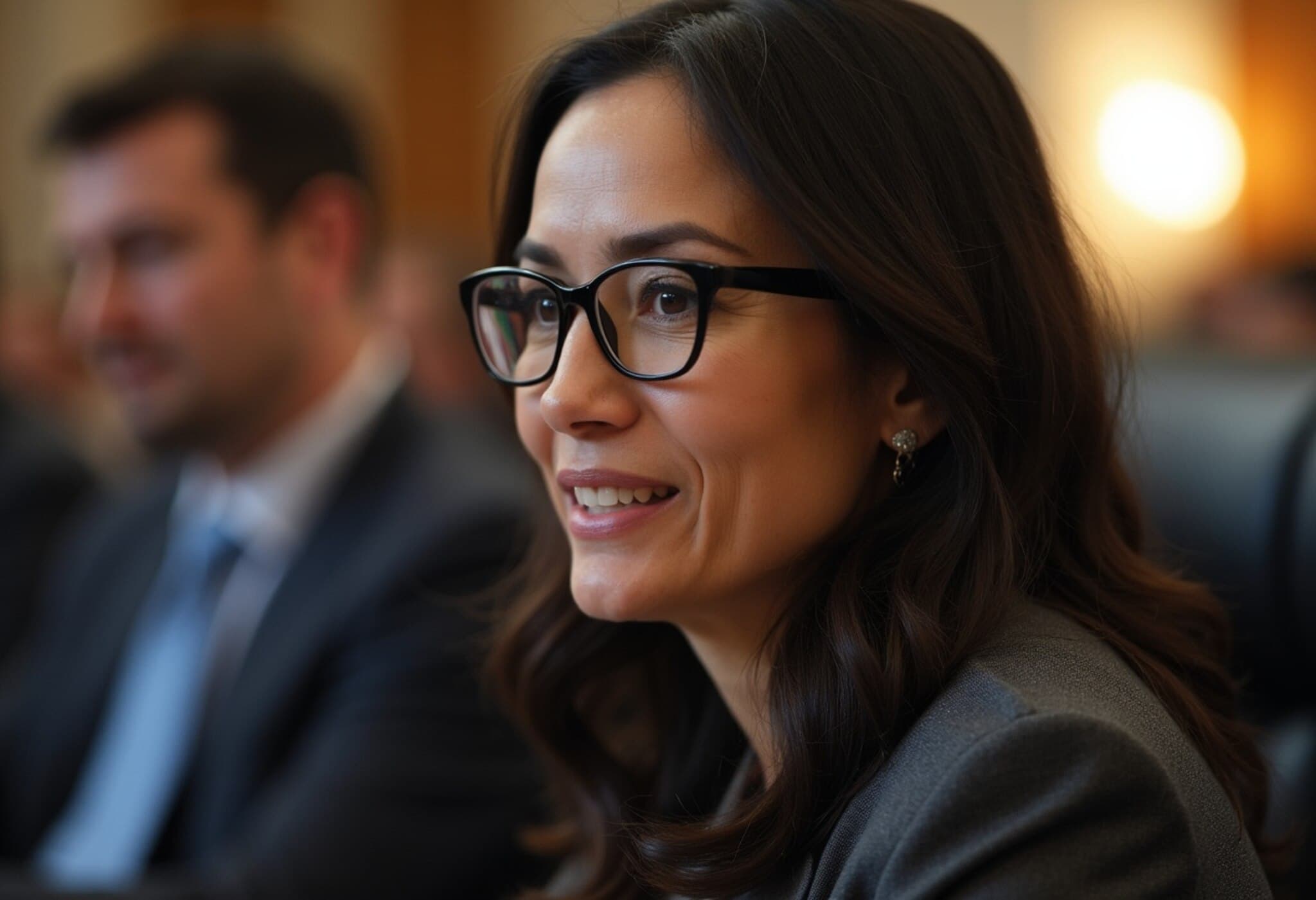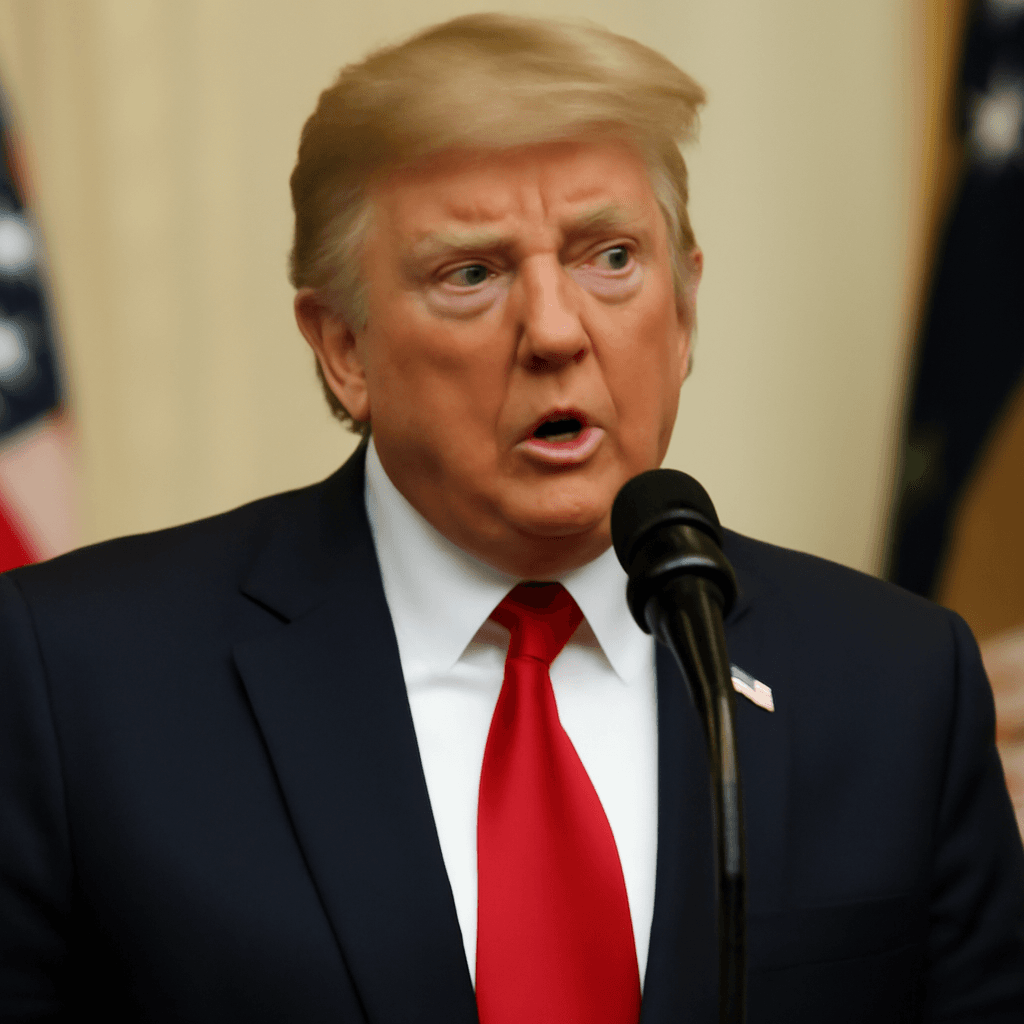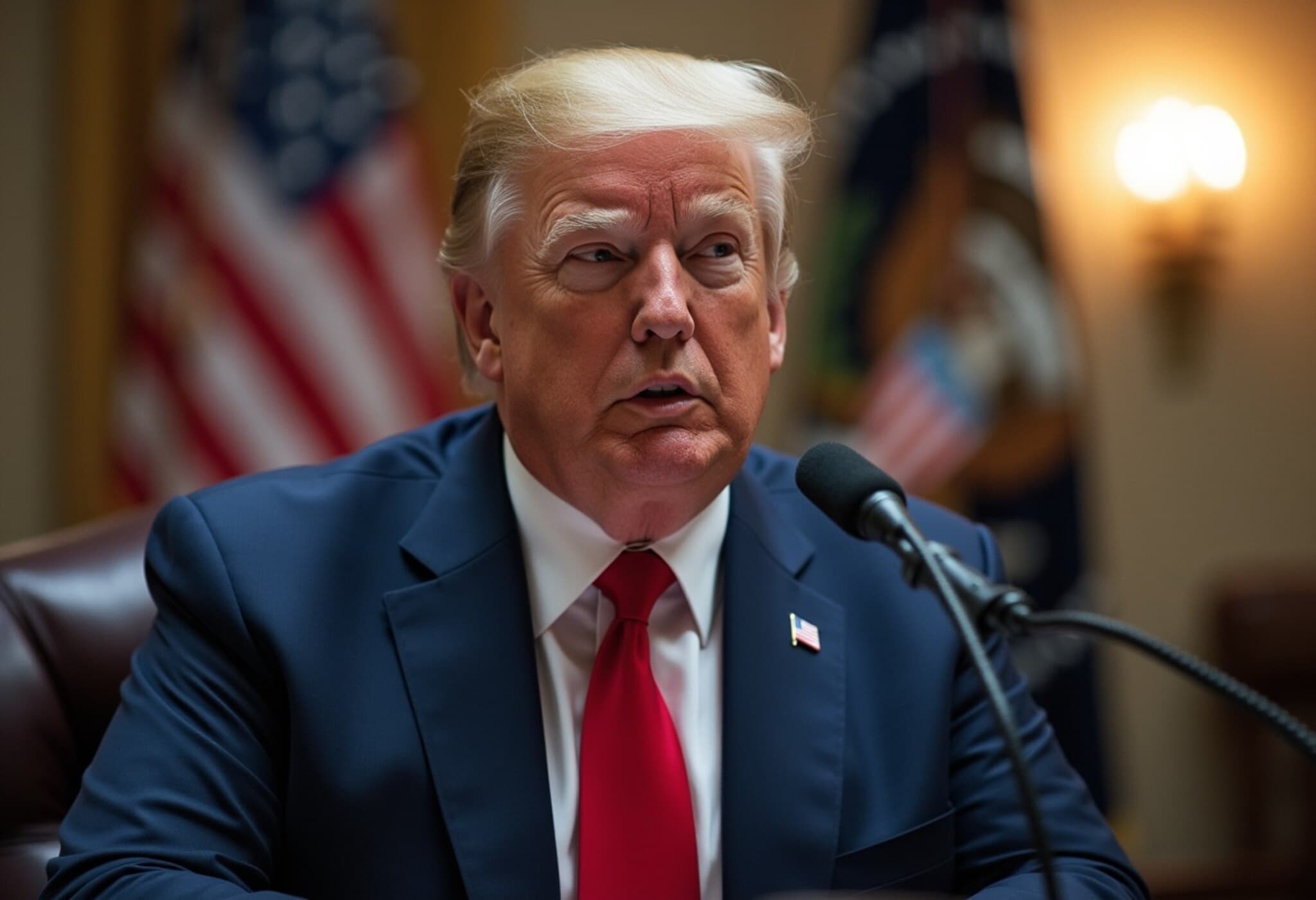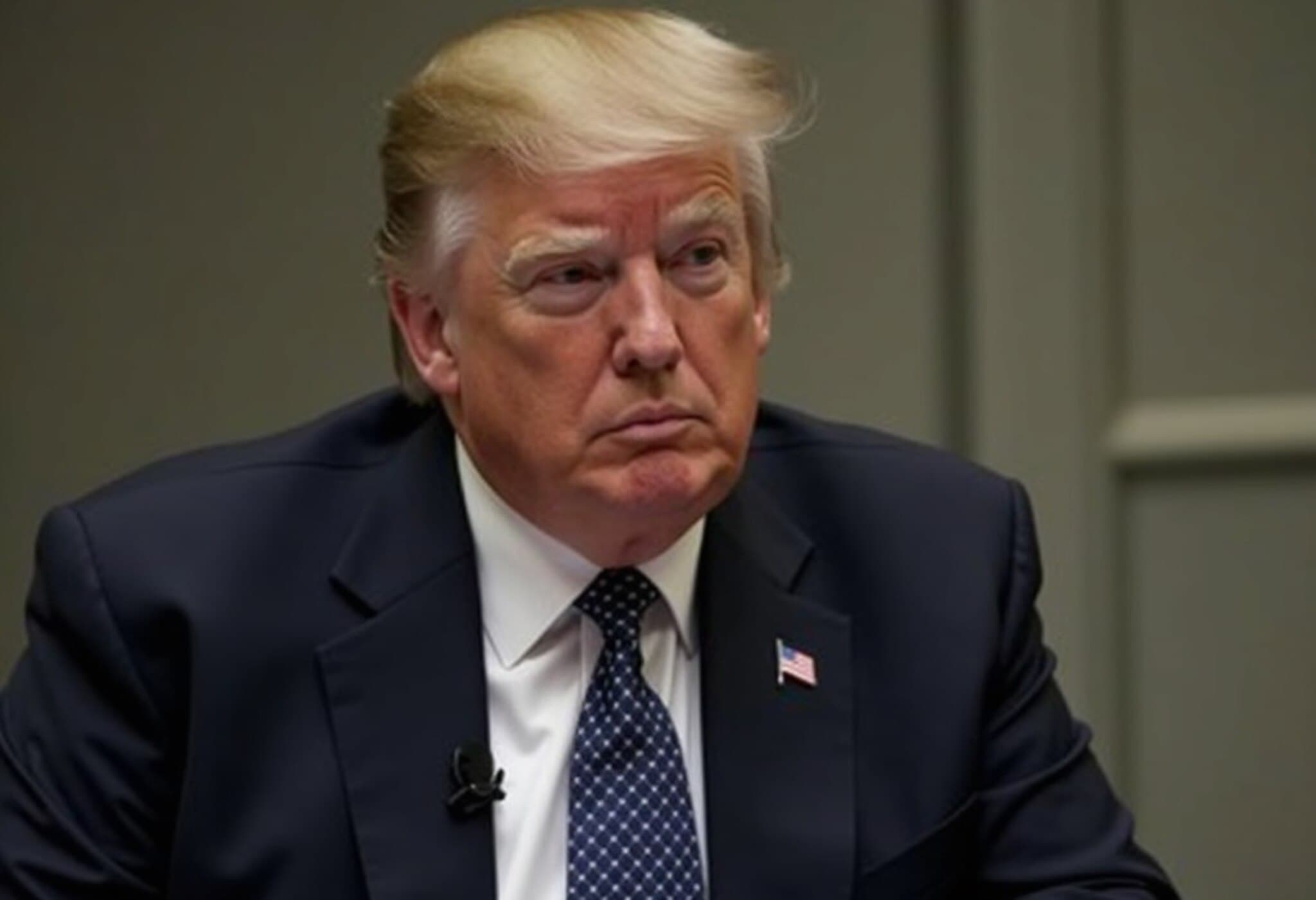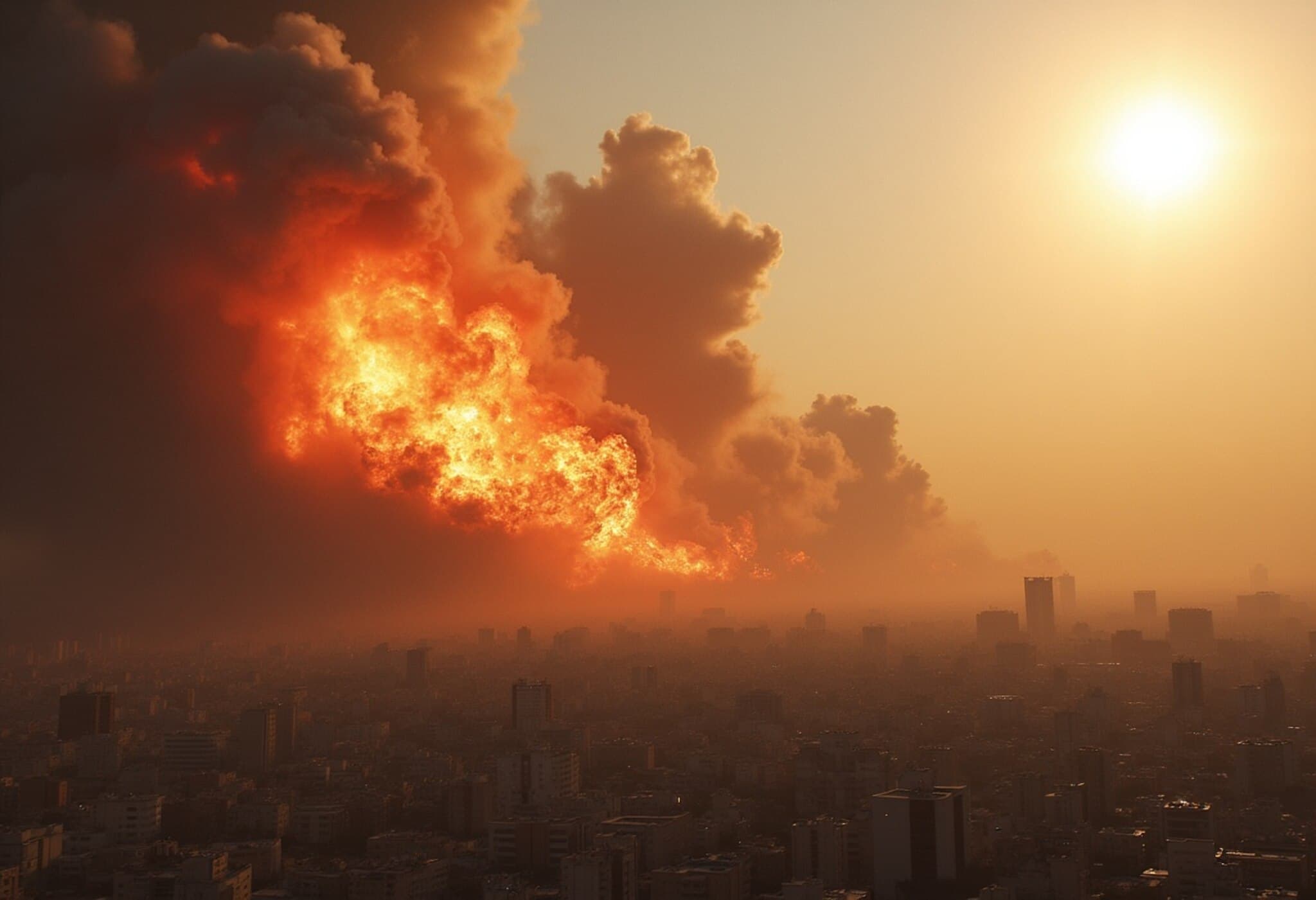Trump Contradicts Intelligence Chief on Iran’s Nuclear Ambitions
US President Donald Trump publicly disputed an assessment made by Director of National Intelligence Tulsi Gabbard regarding Iran's nuclear program. Speaking from an airport in Morristown, New Jersey, Trump dismissed Gabbard’s conclusion that Iran is currently not developing a nuclear weapon, stating bluntly, "She’s wrong." This divergence comes amid escalating tensions between Israel and Iran, as the US administration evaluates its potential role in the conflict.
Gabbard Clarifies Her Position Amid Media Misinterpretation
Earlier this year in March, Gabbard testified before Congress that the intelligence community continues to assess that Iran is not building a nuclear weapon. However, she simultaneously noted Iran’s increased stockpile of enriched uranium—"unusual for a country without nuclear weapons ambitions"—and cautioned that hardliners in Tehran might be emboldened to push towards weaponization.
On social media, Gabbard addressed the growing debate by asserting that her remarks were taken “out of context” by the media in an apparent attempt to sow division. She reaffirmed that US intelligence indicates Iran is close, within weeks to months, from having the capability to assemble a nuclear weapon should they choose to proceed. Gabbard echoed Trump’s hardline stance against allowing this outcome, emphasizing that such a scenario cannot be permitted.
Amid Escalating Middle East Conflict
The clash in perceptions emerges against the backdrop of a week-long Israeli air campaign targeting Iranian nuclear and military facilities. The Israeli Prime Minister has cited Iran’s nuclear activities as justification for the strikes. Tehran continues to deny pursuing nuclear weapons, insisting its uranium enrichment serves peaceful, civilian purposes.
Tensions Within the Trump Administration
Relations between Trump and Gabbard have reportedly been strained. Private disagreements surfaced when Trump confronted Gabbard over a recent video she released on her visit to Hiroshima, warning of the catastrophic consequences of nuclear warfare. The president reportedly expressed frustration, concerned that such messaging might alarm the public unnecessarily.
Trump’s skepticism toward the US intelligence community is well-documented. Throughout his presidency, he has questioned the credibility of intelligence agencies, often accusing them of bias and conspiratorial motives without providing evidence. This history includes clashes over investigations into foreign interference in US elections.
Looking Ahead
As the US considers deeper involvement in the Israel-Iran crisis, the contrasting narratives from its own national security leadership underscore the complex challenges policymakers face. The debate between Trump and Gabbard highlights divergent approaches toward assessing threats and communicating risks to the American public during a perilous moment on the world stage.

